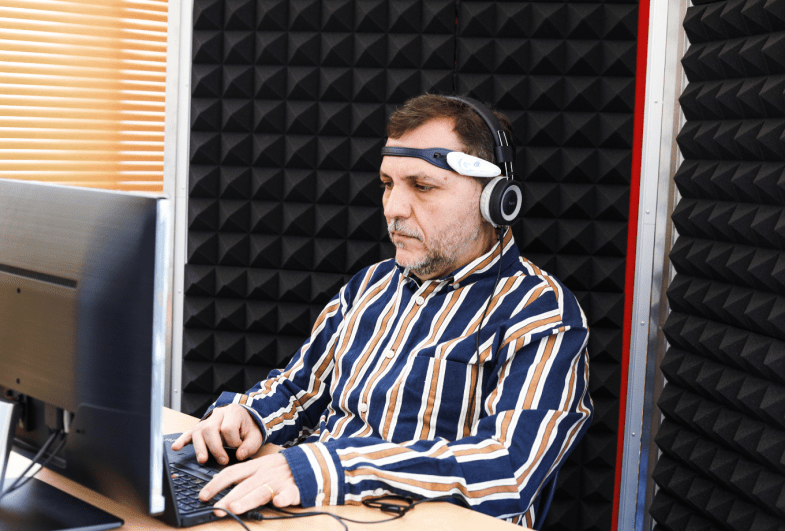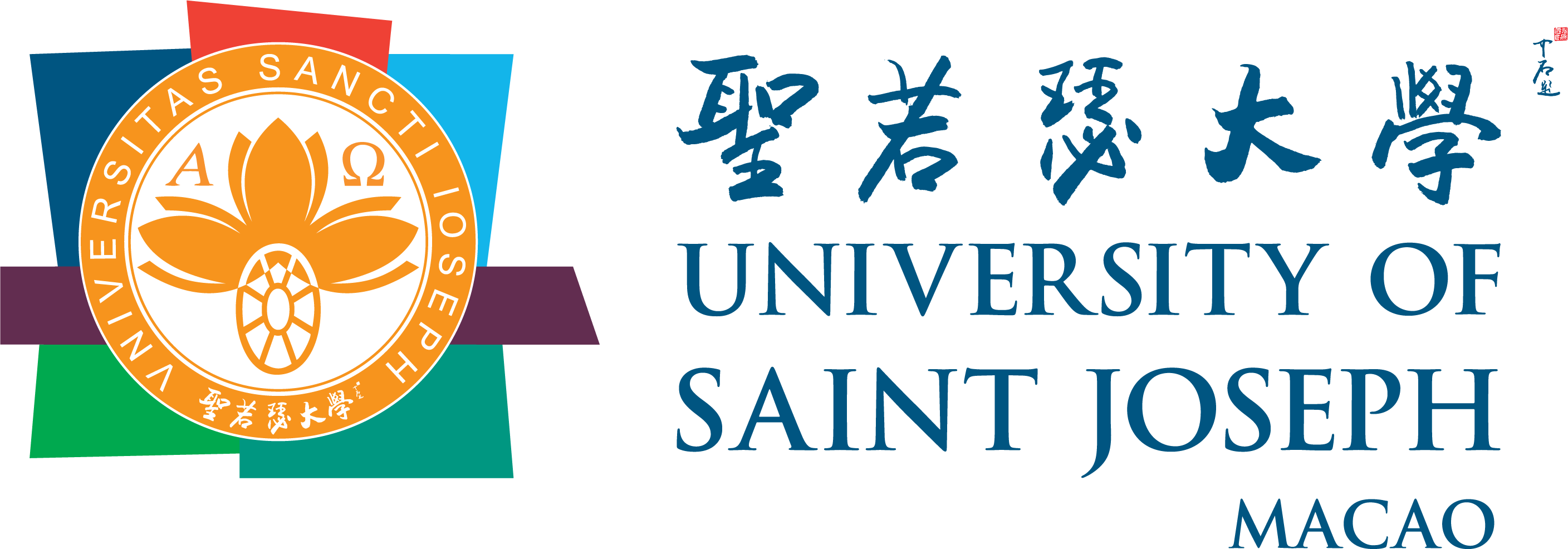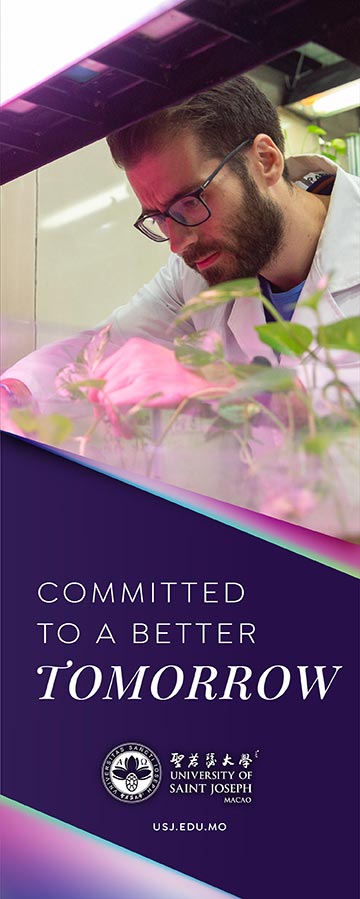
The merger of neuroscience and data analytics in research can unlock new solutions for marketing
The Laboratory of Applied Neurosciences at the University of Saint Joseph (USJ) in Macau supports its faculty’s interdisciplinary research, driving cutting-edge investigations across a range of departments, says Alexandre Lobo, Founder of the Laboratory andead of the Department of Business Administration at USJ .
“Technology, research and development are at the core of our laboratory,” says Lobo. This expertise and innovation allow the Laboratory to support a variety of research projects, from consumer behaviour to decision-making under stress.
Although the Laboratory was only officially established in 2022, Lobo and his colleagues’ research began in 2019 within the Faculty of Business and Law. The idea was to focus on neuromarketing, which uses neuroscience to craft commercial marketing strategies.
Recognising the demand for such expertise in different domains, Lobo’s team expanded the laboratory’s scope to include applied neuroscience. “We wanted the lab to be interdisciplinary,” says Lobo, whose areas of expertise include bioengineering, applied computer science and the application of neuroscience in management.
The Laboratory conducts biosignal monitoring – observing responses in the brain, heart and skin – and tracks biosensors such as the eyes and facial expressions. Using big data analysis, artificial intelligence and machine learning, researchers can classify people’s emotional responses and analyse their micro-expressions.
Due to Macau’s location as a gateway between Asia and Europe, companies often find it challenging to position their marketing, communications and interventions for different segments of Macau’s population. In one notable project, researchers are examining how Macanese consumers respond to cosmetics advertisements from Brazil and Korea. The findings from this study can be valuable for companies seeking to enter the cosmetics market in Macau. According to Lobo, the project helps businesses generate insights and refine their marketing strategies.
Stress is a point of focus for a number of research projects at the Laboratory of Applied Neurosciences. “In one, we analysed the decision-making process on the stress of top managers,” Lobo says. “In another, we are working with a hospital in Brazil to focus on families with social stress and trying to apply the same algorithms because the problem is the same in different contexts,” he explains, referring to how people make decisions in high-stress situations.
However, the emphasis is not on the choices people make, but on the emotions they exhibit. These responses can be culturally specific, which is something that researchers are working to better understand. The laboratory specialises in software that integrates variables such as facial data, eye tracking, brain waves and biosensor information, Lobo explains. “Then we have one integrating piece of software. We put everything together and then generate the [emotion] classification.”
“Over the next few years, we want to develop our own full solutions” including hardware, he says. “Then we can provide solutions to other universities and other research groups that need software.” Lobo believes that such low-cost solutions would enable smaller universities and research groups to access these tools and generate their own results, improving the University of Saint Joseph’s opportunities for collaboration and research partnerships with other institutions around the globe.
In the meantime, the Laboratory of Applied Neurosciences collaborates with departments within the university and abroad to develop interdisciplinary research projects and academic programmes. For example, the USJ's Institute of Science and Environment (ISE) now offers a master’s degree in neuroscience and behaviour, run in collaboration with the Institute of Applied Psychology in Portugal. “It’s going to be a unique initiative for Macau and for the region,” Lobo says.
Find out more about the University of Saint Joseph.





